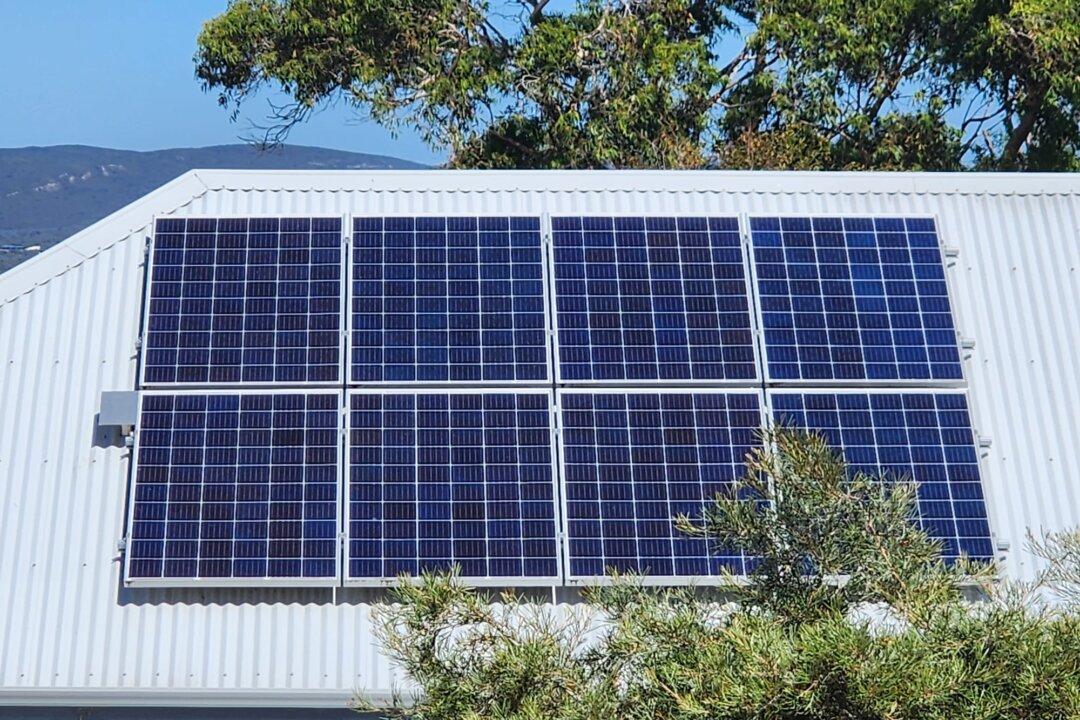The Miles Labor government has passed legislation entrenching a 75 percent cut to climate change emissions by 2035.
The legislation also locks in 80 percent renewable energy generation by 2035, and 50 percent by 2030.

The Miles Labor government has passed legislation entrenching a 75 percent cut to climate change emissions by 2035.
The legislation also locks in 80 percent renewable energy generation by 2035, and 50 percent by 2030.